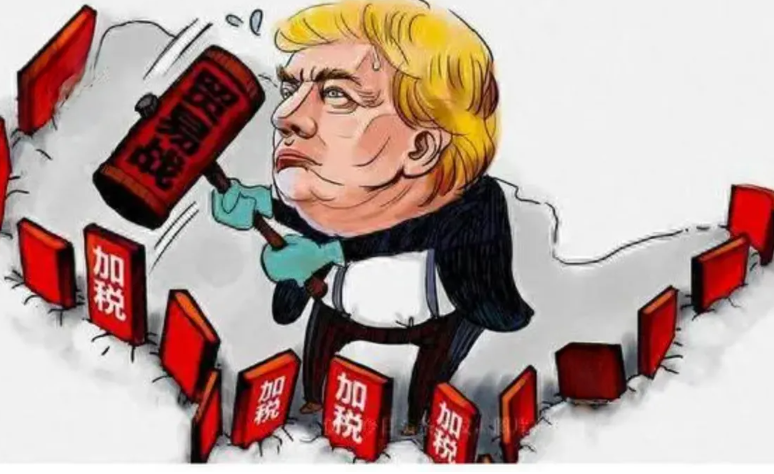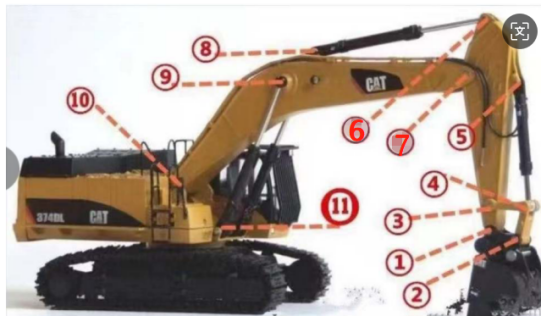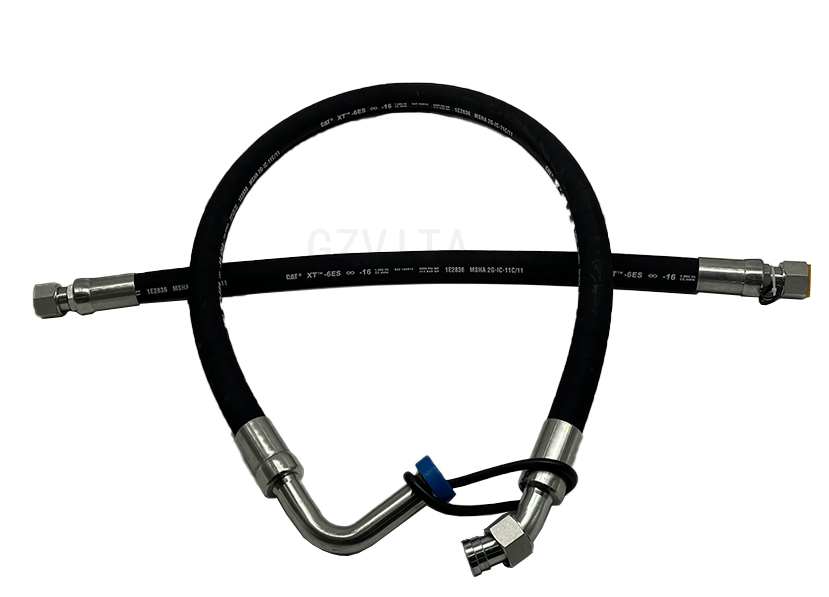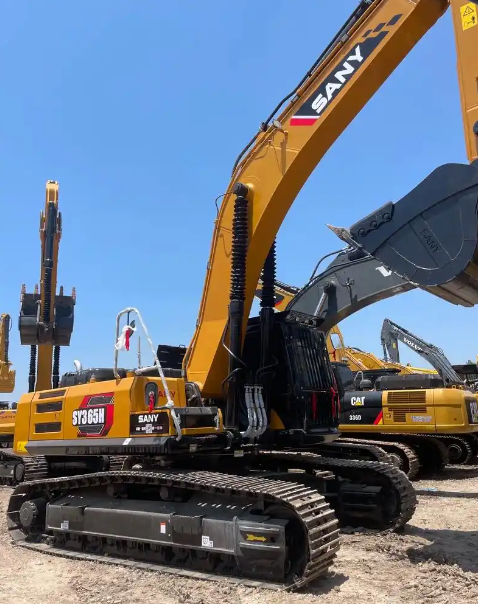 +86 13794985240
+86 13794985240 Will the increase in tariffs by the United States have an impact on the export of construction machinery parts?
Economic Impact
Cost Increases: Higher tariffs on imported construction machinery parts can lead to increased costs for manufacturers in the U.S. who rely on these components. This can result in higher prices for end products, potentially reducing competitiveness in both domestic and international markets.
Supply Chain Disruptions: Many construction machinery manufacturers operate on global supply chains. Increased tariffs can disrupt these supply chains, leading to delays and inefficiencies. Companies may need to seek alternative suppliers, which can be time-consuming and costly.
Inflationary Pressures: As manufacturers pass on increased costs to consumers, this can contribute to inflation, particularly in the construction sector. Higher costs for machinery can lead to increased construction costs, affecting housing and infrastructure projects.
Export Competitiveness: U.S. manufacturers of construction machinery parts may face challenges in exporting their products to countries that impose retaliatory tariffs. This can lead to a decrease in demand for U.S. exports, impacting sales and profitability.
Industry-Specific Impact
Market Dynamics: Increased tariffs can alter market dynamics, potentially benefiting domestic manufacturers who do not rely on imported parts. However, if domestic producers cannot meet demand or maintain quality, this could lead to a decline in overall industry performance.
Investment Decisions: Companies may reconsider their investment strategies in response to tariffs. Some may choose to invest in domestic production capabilities to mitigate the impact of tariffs, while others may look to relocate operations to countries with more favorable trade conditions.
Innovation and R&D: The pressure from tariffs may push companies to innovate and develop new products or processes to maintain competitiveness. This could lead to advancements in technology within the construction machinery sector.
Geopolitical Impact
Trade Relations: Increased tariffs can strain trade relations between the U.S. and other countries, particularly tHose that are major suppliers of construction machinery parts. This can lead to broader trade disputes and impact other sectors of the economy.
Global Supply Chain Shifts: Countries affected by U.S. tariffs may seek to strengthen trade relationships with other nations, leading to shifts in global supply chains. This could result in the emergence of new trade partnerships and alliances.
Policy Responses: Other countries may respond to U.S. tariffs with their own trade measures, leading to a cycle of retaliation that can further complicate international trade dynamics.
Conclusion
The increased tariffs on the export of construction machinery parts from the United States can have significant and multifaceted impacts on the economy, industry, and global trade relations. While some domestic manufacturers may benefit from reduced competition, the overall effects can lead to increased costs, supply chain disruptions, and potential retaliatory measures from other countries. Companies in the construction machinery sector will need to adapt to these changes to navigate the evolving landscape effectively.












